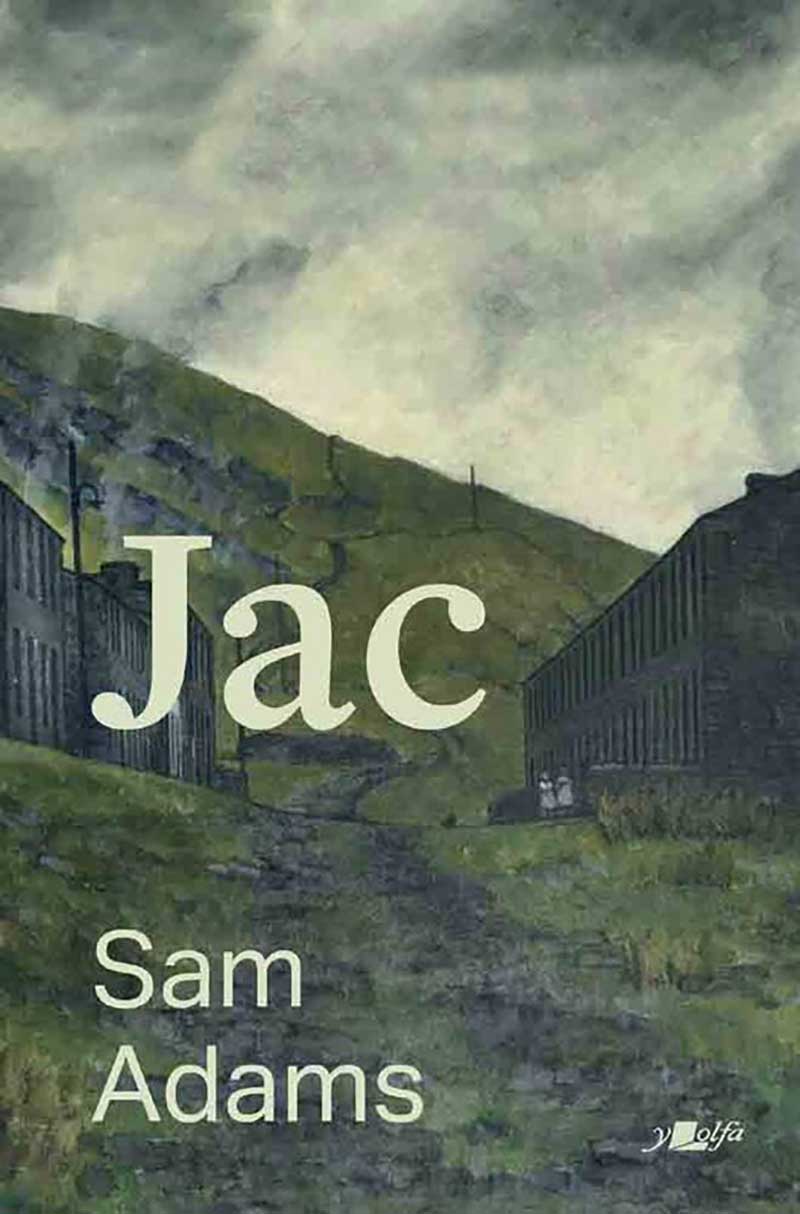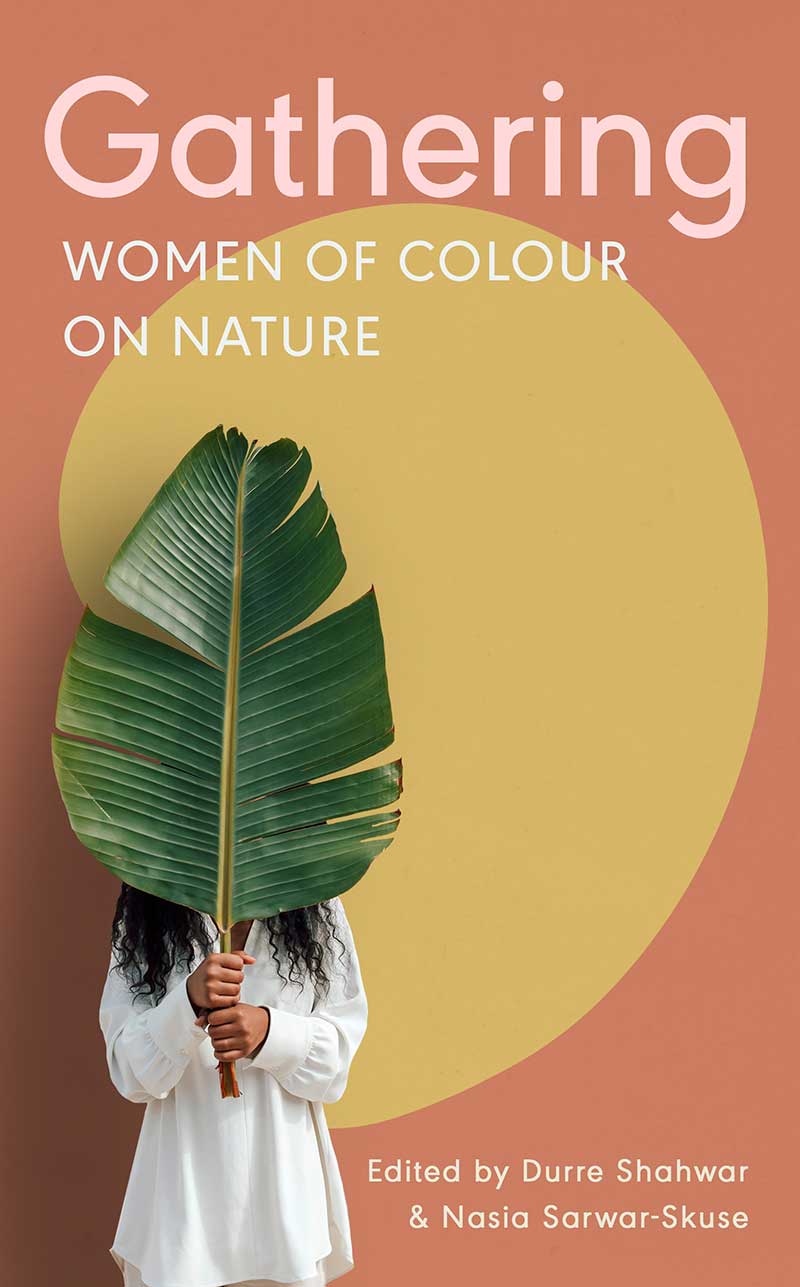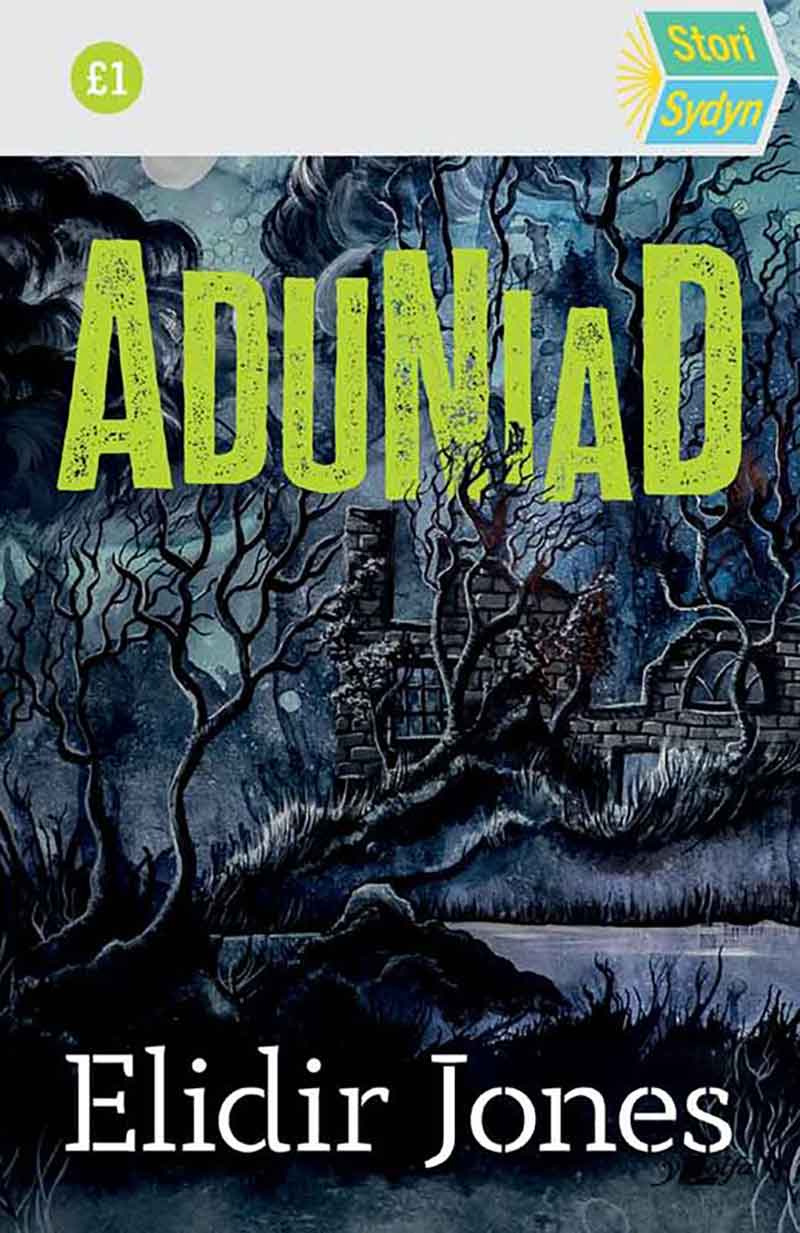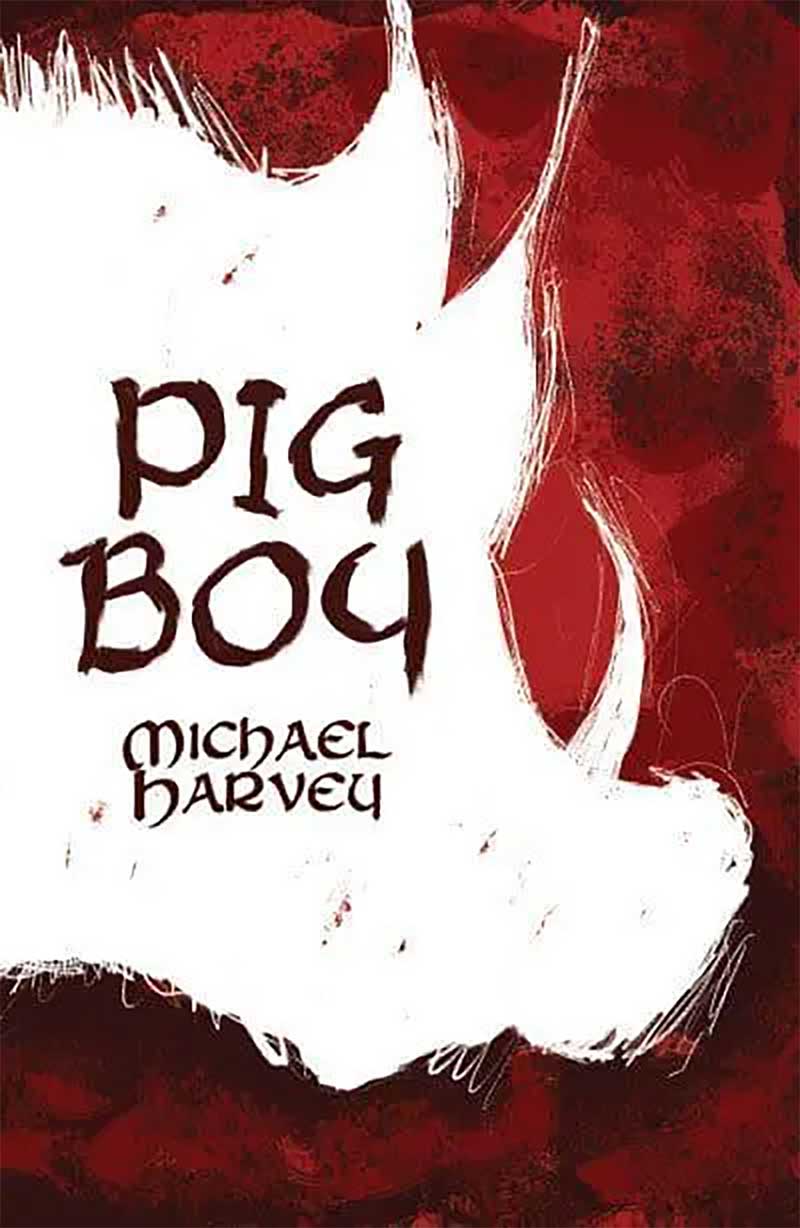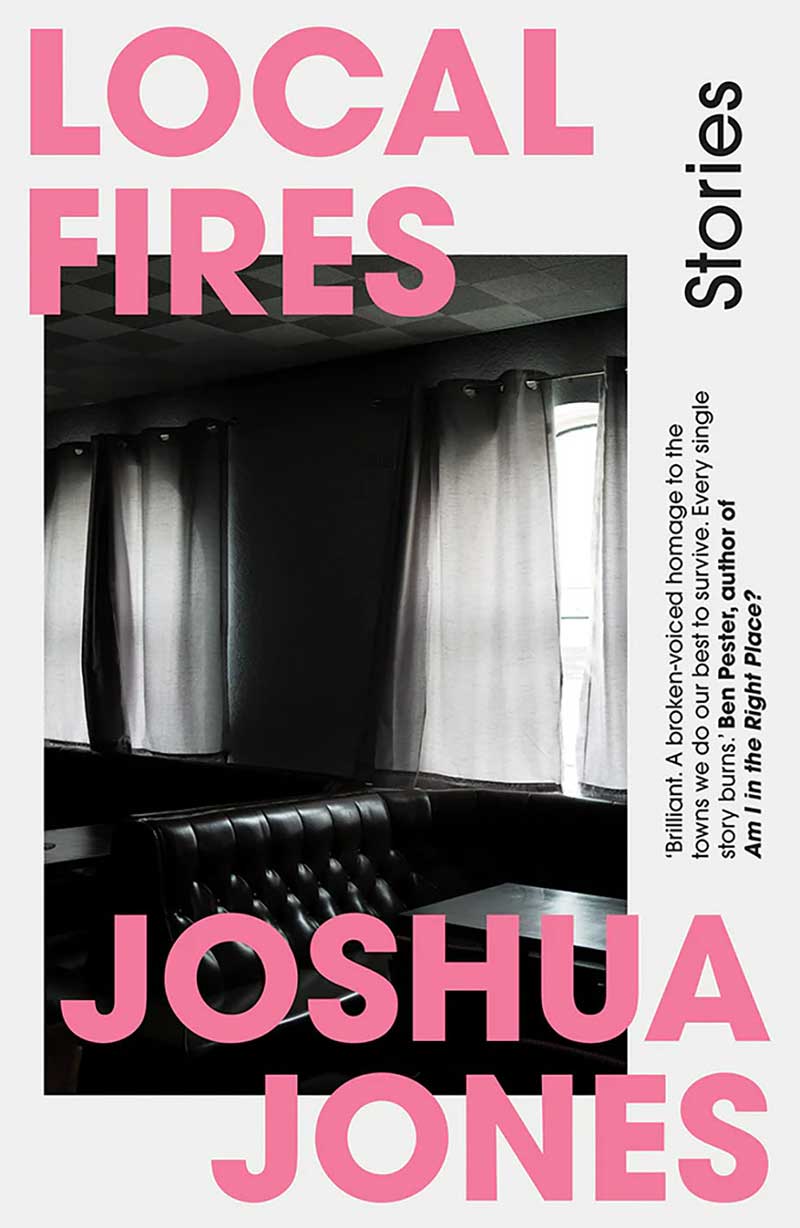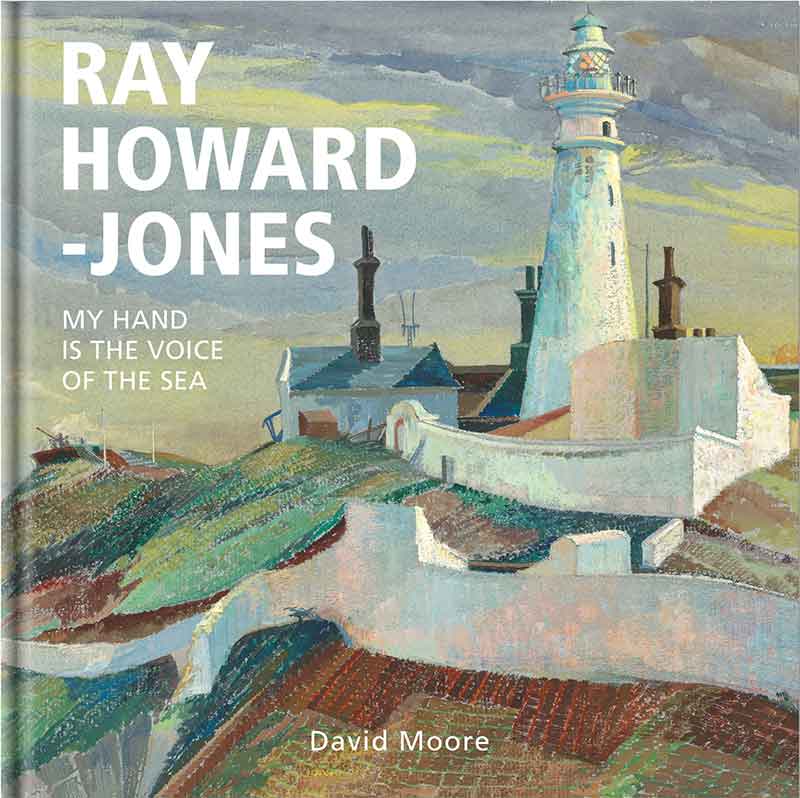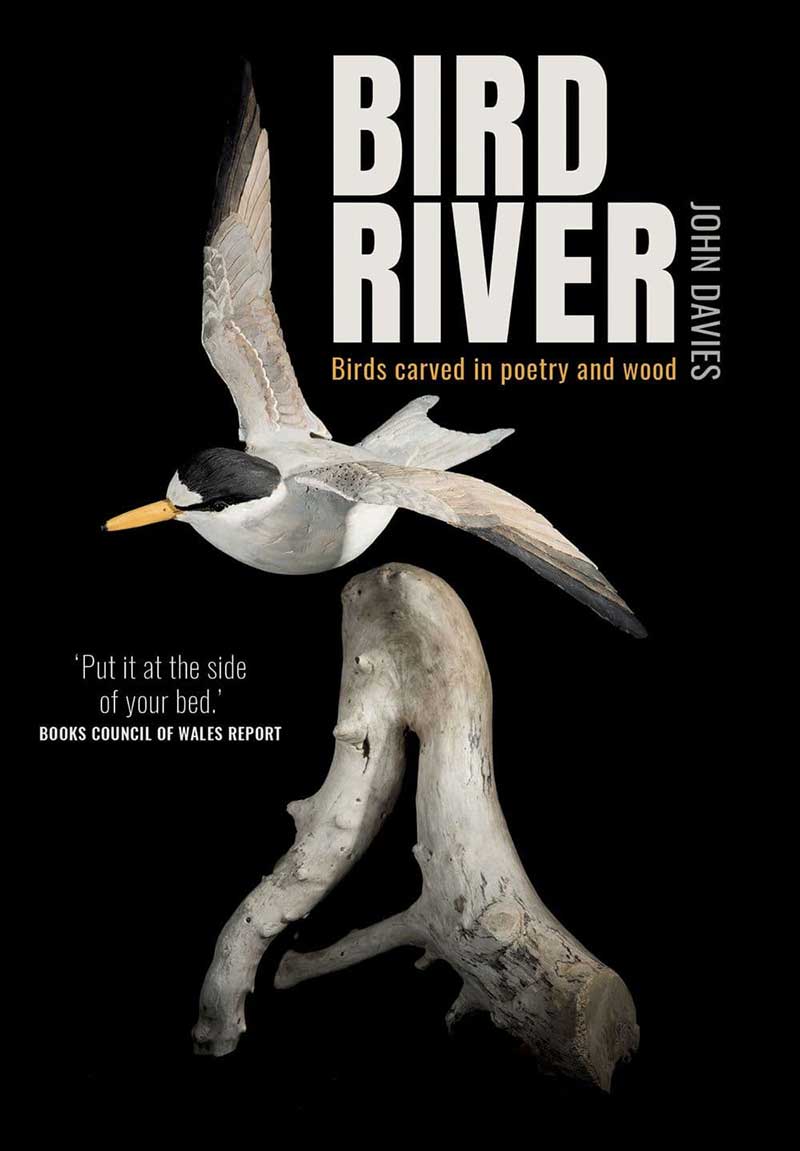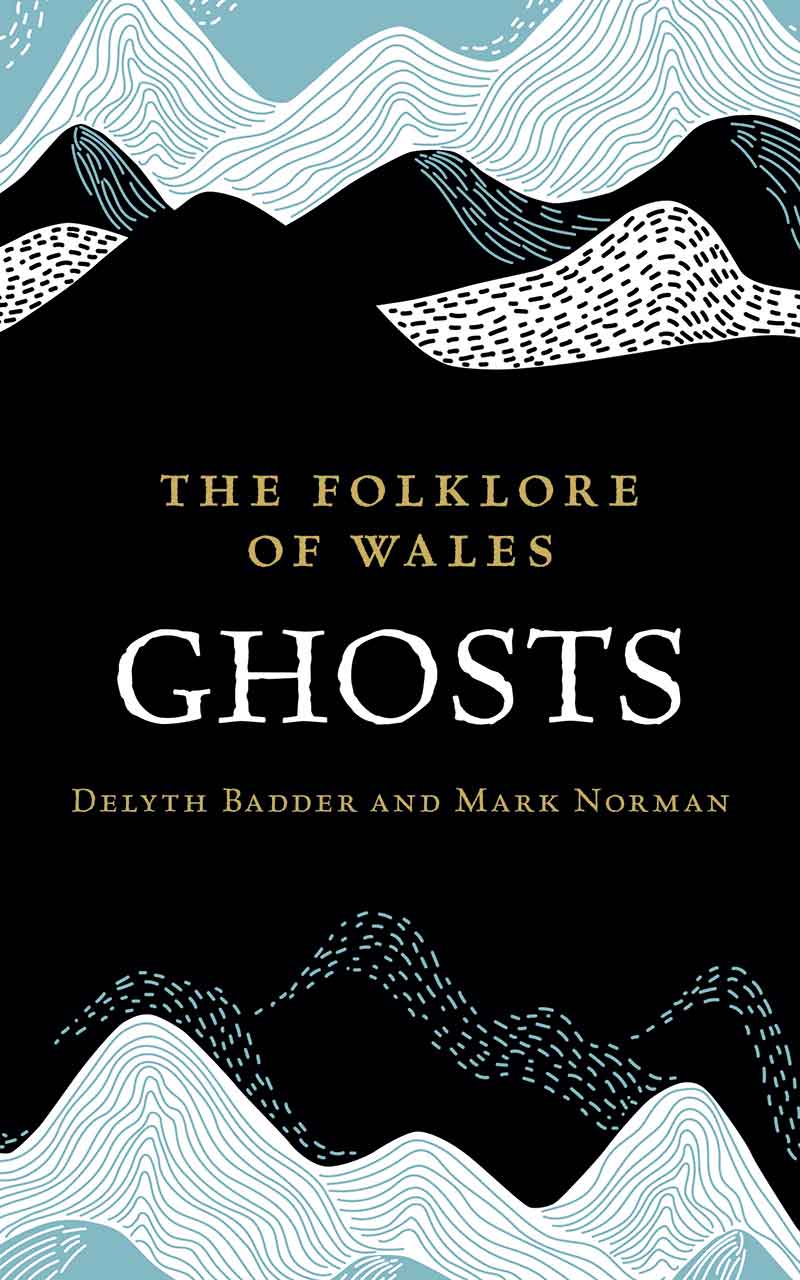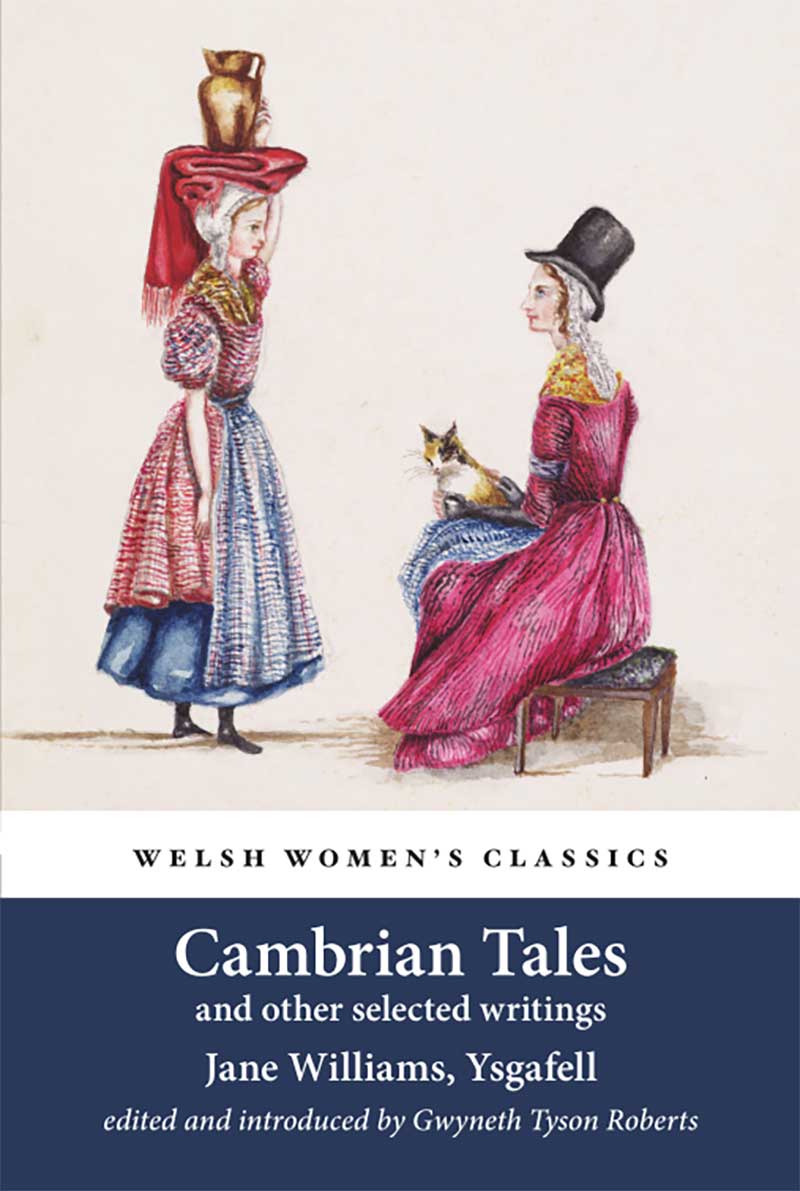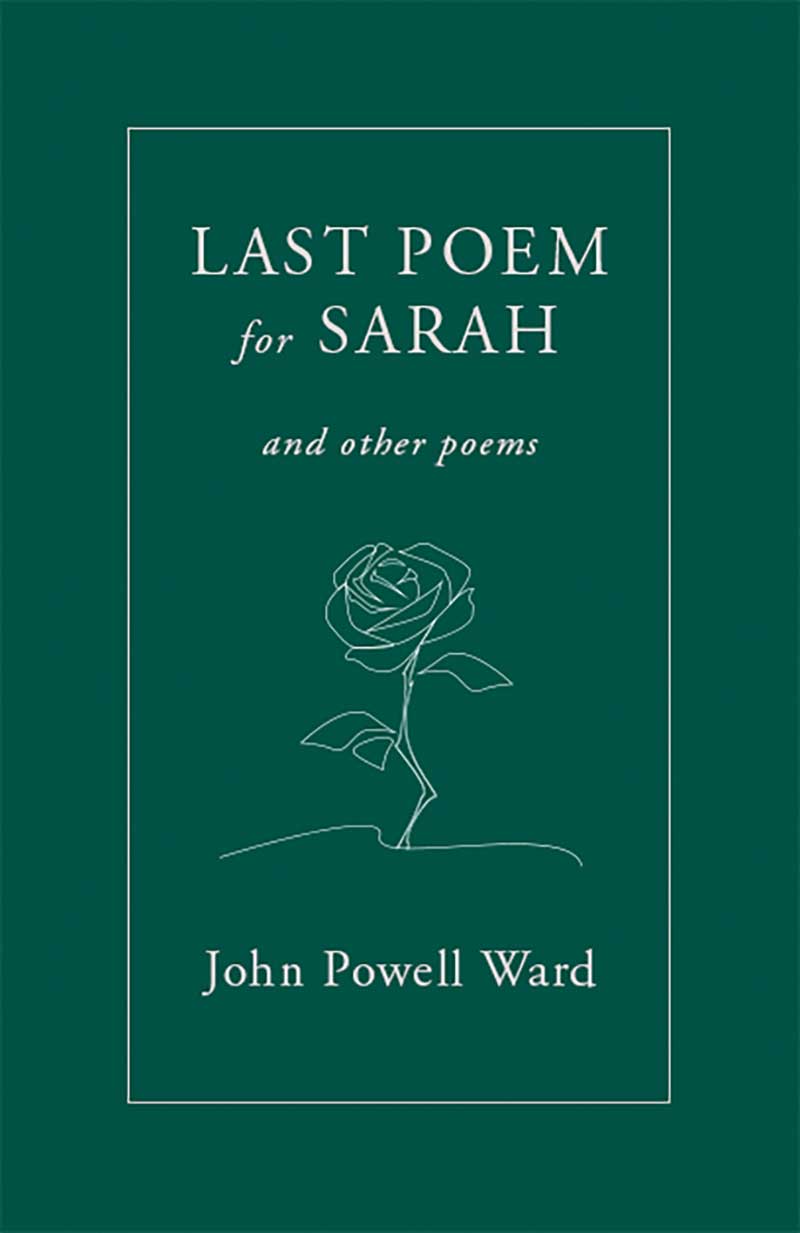In an editorial marking the final issue, following a Books Council of Wales decision to stop funding us, Emily Trahair outlines how the magazine has come to an end, and why such periodicals are so vital, in a wider context of neoliberal Wales and the open letter campaign to save publications.
Read more
Former editor John Barnie reflects on what first attracted him to the magazine, its coverage of everything from Welsh visual culture to ecology, and questions that arise from the funding cut to Planet and New Welsh Review.
Read more
A poem by our founding editor Ned Thomas drawing on the episode of the burning tree in the Middle Welsh romance Peredur vab Efrawg, and events closer to home.
Read more
Matthew David Scott draws on his experience in the technology industry and the arts to offer his perspective on the ideology behind AI, what happens to our humanity when writing no longer expresses our thoughts, and what this all means for the Welsh curriculum, and Welsh autonomy itself.
Read moreLinden Peach places solidarity with Gaza in the historical and literary context of the Welsh peace movement. What lessons can we draw from our past, and from contemporary Palestinian literature, to strengthen and legitimise activism for peace and justice in the region?
Read moreA poem by Taz Rahman
Read moreUS scholar Black Hawk Hancock takes a road-trip around Wales’s border country to pay homage to Raymond Williams, and to bring home to the ‘rust-belt’ new insights into ‘structures of feeling’ and ways of resisting economic distress within the post-industrial world.
Read moreA poem by Jeremy Hooker
Read moreTaking inspiration from the double-headed Romano-Celtic god Janus, this series reflects on the past, present and future of a particular place in Wales. In this issue, Rachel Trezise offers her memories of ‘T-town’, a celebration of how it’s becoming more diverse, and fears for future gentrification.
Read moreCara Cullen draws on conversations as a gofalwraig at St. Fagans during the Brexit vote to argue how rather than being a bygone, folk culture can unite across difference in a way that aligns more profoundly with the decolonisation movement than top-down historical interpretation.
Read moreThis is the forty-ninth contribution to our Welsh Keywords series – inspired by Raymond Williams’ Keywords – which offers perspectives on words in Welsh and how shifting meanings continue to shape our society. Helle Michelsen contrasts the terms ‘enlightened’ and ‘goleuedig’ with the Danish ‘oplyst’.
Read moreThirty years after Green Agenda, and looking forward to the publication of Radical Agendas, Robert Minhinnick celebrates Wales’s irreverent pamphlet culture, remembering the good times and unlikely solidarities of the period, which led to significant environmental successes.
Read moreCeri Thomas gives an in-depth review of the National Library of Wales exhibition ‘Cyfoes’, placing it in the context of seminal art shows over the decades, and applauds how it redresses historical gender imbalances in the Welsh art establishment.
Read moreBook Review Section
Writing good book reviews is very difficult. Its demands of critical sympathy, formal synthesis and grammatical concision make it merely different, not secondary, to other forms of writing less hesitatingly described as creative. High-quality reviews are indispensable to the health of any literate culture, and in our own increasingly siloed and stratified society they have a particularly important function as spaces in which poets and novelists, scholars and specialists and the reader hungry for cultural food can meet on an equal footing and speak a common language.
I am grateful to Emily Trahair and all at Planet for inviting me to be guest reviews editor, originally throughout 2024, now limited to this, seemingly the magazine’s final issue. I also thank the reviewers who have contributed, and bitterly regret that this opportunity is no longer available to them and other former and potential reviewers. Like other arts, a successful review depends somewhat upon talent and somewhat upon training. The mystifying decision to cull Planet and New Welsh Review deprives Welsh culture of two of its principal spaces to display, assess and enjoy talent, and to foster it through trial and error and editorial guidance. It is a decision with no beneficiaries.
Steven Lovatt is an editor and writer, living in Swansea.

